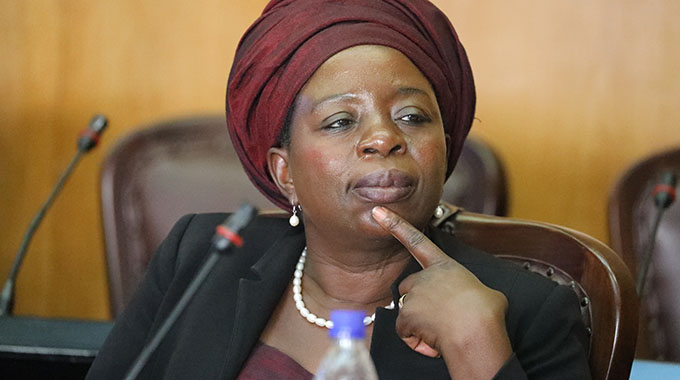
BY MTHANDAZO NYONI
INDUSTRY in Bulawayo yesterday challenged government to stop crying about sanctions, but start creating a conducive operating environment, give them fuel and forex for raw materials as well as sort out the exchange rate.
Speaking during a business breakfast meeting held in Bulawayo yesterday, captains of industry told Industry and Commerce minister Sekai Nzenza that government needed to address issues of currency, policy inconsistency and stop blaming sanctions.
“We want to challenge you and your colleagues in government, can we stop the cry about sanctions. In our industry here in Bulawayo we have some glaring evidence of sanctions busting companies. Companies created specially to subvert sanctions during the Smith regime,” Confederation of Zimbabwe Industries Matabeleland Chapter president Shepherd Chawira said.
“We toured Delta with your predecessor minister Mangaliso Ndlovu in November last year and we were shown old beer brewing chambers bought from the European Union when the brewery was built and alongside those were a number of others built by a company established locally here to bust sanctions.”
“Sadly, the company closed down in the 2000s due to the economic meltdown. So we are saying, give us fuel, give us forex for raw materials, sort out our exchange rate and give us policies which create a conducive operating environment and there won’t be any sanctions to talk about,” he said.
Zimbabwe National Chamber of Commerce Matabeleland Chapter vice-president Golden Muoni challenged government to be sincere about addressing the currency issue.
“Where is our problem? Currency. Do we have a currency which we have trust over, in which men and women are able to transact? Who are the manipulators of that currency? Where are they? Are they not known? What are we doing? So who is the problem?” he said.
- Chamisa under fire over US$120K donation
- Mavhunga puts DeMbare into Chibuku quarterfinals
- Pension funds bet on Cabora Bassa oilfields
- Councils defy govt fire tender directive
Keep Reading
“We can have these conferences and talk shows but if we don’t go deeper and address this issue of allowing people to destroy our currency, we are going to face a lot of challenges. We are going to leave this economy in shambles and we are going to be part of those people who failed,” Muoni said.
“We want a stable currency. Let us revisit the issue of currency as a matter of urgency. Do we want to use the US$ or bond note? We must have a clear monetary policy which is well defined and allow the business to plan. As we are speaking some are transacting in US$, others are refusing the bond notes. Right now as we are speaking, many garages have no fuel in town but there are garages with fuel which is sold in US$. So, are we using the US$ or bond notes? Which currency are we using? That needs to be addressed.”
Government last year announced the return of the Zimbabwe dollar as the sole legal tender, albeit with inadequate foreign currency and mineral backing causing the currency to lose value within a short period of its introduction.
The Zimbabwe dollar has plunged more than 85% since it was reintroduced. Businesses also demanded to know how much foreign currency was allocated to companies in Bulawayo through the interbank system.
Bulawayo City Council business development officer Kholisani Moyo said since Bulawayo was regarded the industrial hub of the nation, more resources needed to be channelled towards it.
In her earlier address, Nzenza had told industry that government was aware of the issues of import licences, delays at border posts and policy inconsistencies.
“The informal economy continues to grow at a very fast pace. Our production levels are low. These are some of the problems that I already know as a Minister of Industry and Commerce. I also acknowledge that our policies have not been consistent,” she said.
“There are issues that we as government need to address. Issues of import licences, export licences, problems at the border, we are aware of those problems and we would like to work together to address those. Our policies need to be consistent.”
She said there was no doubt that most of the challenges that the country was facing such as inflation, currency instability, and other macro-economic imbalances emanated from low productivity in industries.
“In that regard, we need to put more emphasis on production and more production,” she said.











